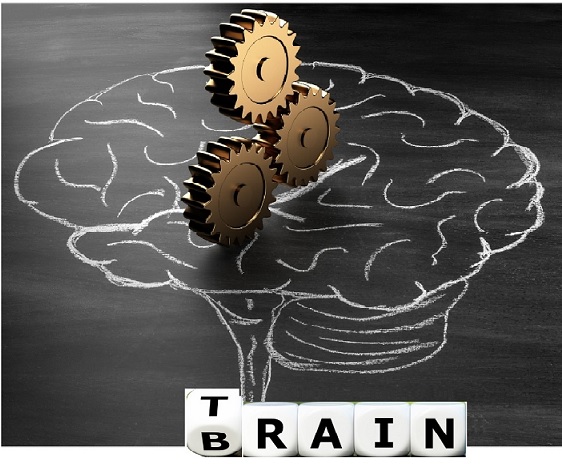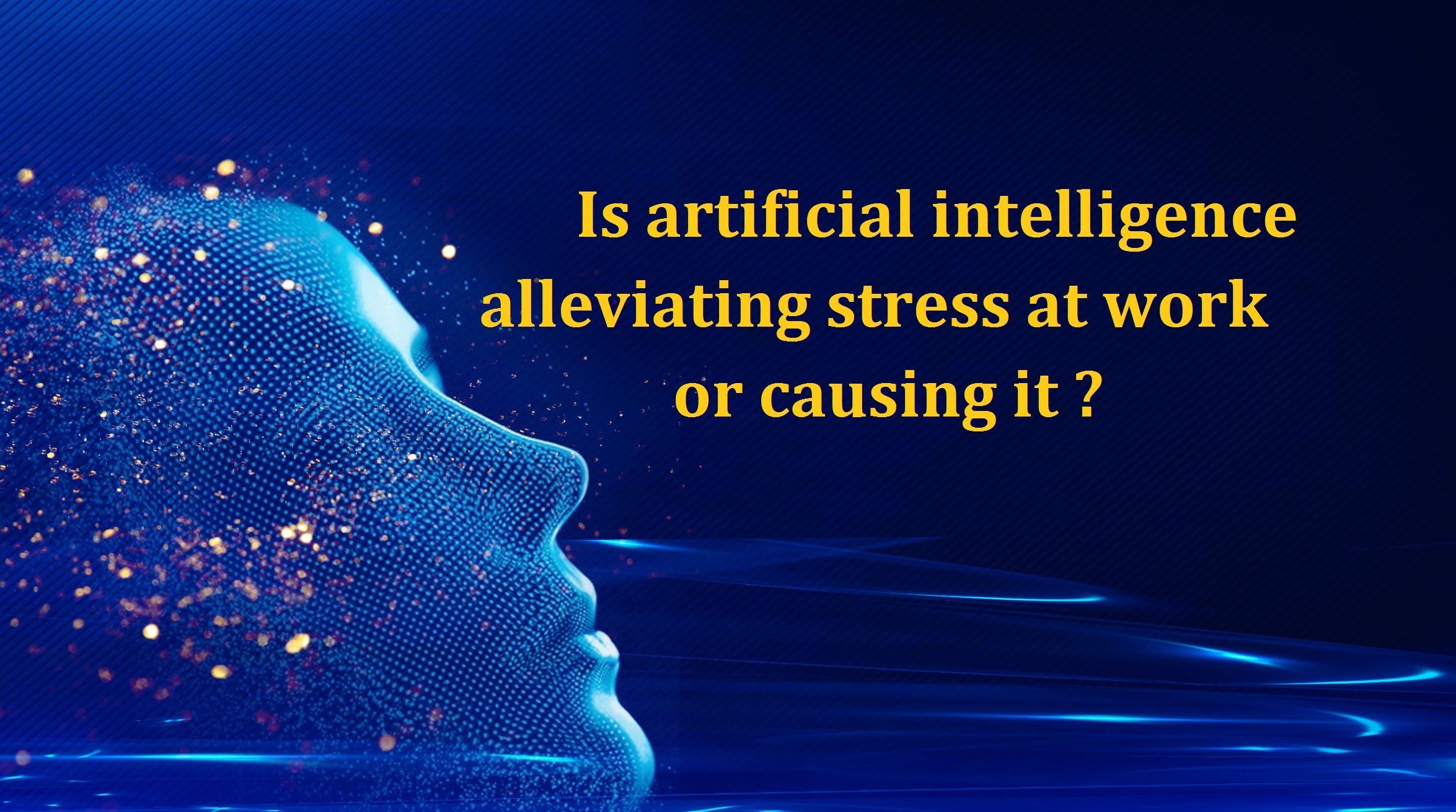Is artificial intelligence alleviating stress at work or causing it?
We live in times of constant change. The rapidly increasing speed of business and the expectation of more, better and faster results in the necessity of continuous changes. Business and organizational aspects must be regularly adapted and improved in order to face growing competition. This situation impacts on employees who must be flexible and adapt to new solutions in the company.
The artificial intelligence (AI) sector is expanding very fast, bringing innovations that improve the way we work and live. We are already users of many AI facilities in such sectors like transport, finance & banking, legal advisory, education, healthcare and hospitality, etc. The changes that result from the artificial intelligence introduction to enterprises and our homes, is often compared with those of the previous industrial revolution.
There is of course no doubt AI has important and direct impact on work and working conditions. That is why we need to be interested in the impact of AI on our work and everyday life and possibly take part in the debate on this subject. Because on one hand, AI systems reinforce our skills and help us to achieve business and social advantages not possible before. But on the other, AI brings changes in quantity and quality of the present jobs.
According to forecasts provided in a report of McKinsey Global Institute (2017) on AI, only around 5% of all occupations are fully automatable and in case of 60 percent of all occupations there are at least 30 percent technically automatable activities. It means only some elements or parts of jobs, rather than entire jobs, will be replaced by AI in most of the businesses. Does it sound soothing to those who are afraid of losing their job? I’m not sure, as losing job and a need to adapt to the new requirements and conditions both trigger stress.
The professions in which the process of automation and application of AI will be the smallest are primarily those jobs that require high cognitive skills and direct contact with another person, e.g. psychiatrists and psychologists, lawyers, fashion designers, teachers, etc. But what about the others working in agriculture, transport, banking and financial services, manufacturing and other industries? According to McKinsey’s predictions those jobs are to be the most affected by the AI solutions. We already can observe reductions in employment in those sectors due to automatizations of many tasks. And those employees that stay employed, work under continues organizational changes and time-pressure, learning new programs and systems that not always function well, especially at the beginning.
So how can we face all those challenges? What qualifications we need to cope with the situation?
Most analysis indicate that, in the world where change became constant, our adaptive intelligence is crucial to survive. We need to be flexible in our skills and approach.
According to the World Economic Forum the new skills that are to be most valued are: the higher cognitive skills (creativity, curiosity, initiative, and adaptability), social and emotional skills (collaboration) and technological skills!
Young people have much more chance to develop those skills but what about working adults, over 40, who followed the so called “learn then earn” education model? How many of them are flexible enough to acquire all the necessary skills in order to stay active on the labour market for at least the next 25 years?
Changes at work, environment, team, relationships or home trigger neurological and physiological responses that person does not control, mainly stress and resistance to change. That is why addressing the psychological aspects of the change implementation is very important for the success of the whole process. At the end, is people who is involved at every stage of artificial intelligence implementation, from its creation, adoption, to end-use. If not properly handled, the employees may pay unnecessary cost in form of anxiety, stress, frustration and even burnout.
The excessive stress can lead to various physical and mental disorders. And health of employees largely determines how long a person can and will want to pursue his/her career. In times when the retirement age has been increased, it is in the interest of the business but also the whole economy, the employees stay healthy for as long as possible. Otherwise the excessive stress at work may cause a drop in overall business performance, increased absenteeism and presenteeism and increased accident and even injury rates.
Only healthy, highly skilled and highly productive workplaces enable people to perform at their best at all ages. In my opinion, only such circumstances, in which a man and not machines, stays in the spotlight, may help to foster innovation and the adoption of new technologies for the benefit of us and economy.
Beata Cnudde
Source: part of the article was published by “EqualTimes” 25 October 2018.
https://www.equaltimes.org/beata-cnudde?lang=en










